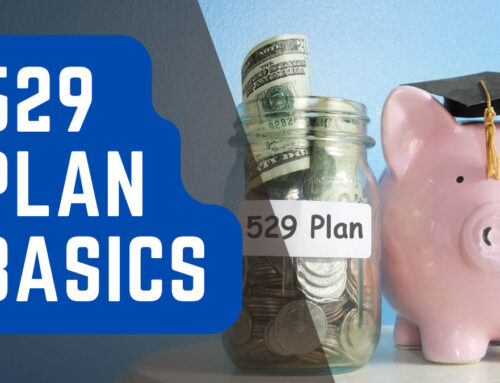In recent times, there has been an increasing burden of student loan debt on students and graduates. The numbers don’t lie!
While having access to education is vital to career and economic growth, the burden of paying off student loans after graduation can have devastating consequences on the economy.
What are some of the potential consequences of repayment beginning (again) on $1.6 TRILLION of student debt?
Reduced Purchasing Power: Student loan debt has become a significant issue for millennials as they try to manage their expenses while paying off their loans. This situation can lead to a reduced purchasing power that can impact the economy. Graduates with significant debt loads may have to delay home ownership, car purchases, and other significant investments.
Lower Retirement Savings: The burden of student loan repayment can also lead to lower retirement savings. For individuals in the early stages of their careers, a large portion of their income may go towards paying off their loans. This situation can lead to reduced contributions to retirement savings accounts.
Higher Unemployment Rates: Student loan repayment can also impact the economy by increasing unemployment rates. Studies have shown that individuals with student loan debt are more likely to delay starting their businesses or taking risks associated with entrepreneurship. This situation can lead to lower job creation rates, which can have negative effects on the economy.
Delinquencies May Rise: Both student loan debt and other unsecured debt such as credit card delinquencies may increase. Budgets have been set without these payments which will be a rude awakening for many. These obligations should not have been set aside, but this delay may have “expanded” budgets that will need to be reevaluated.
This is a frustrating and sometimes politically charged issue.




